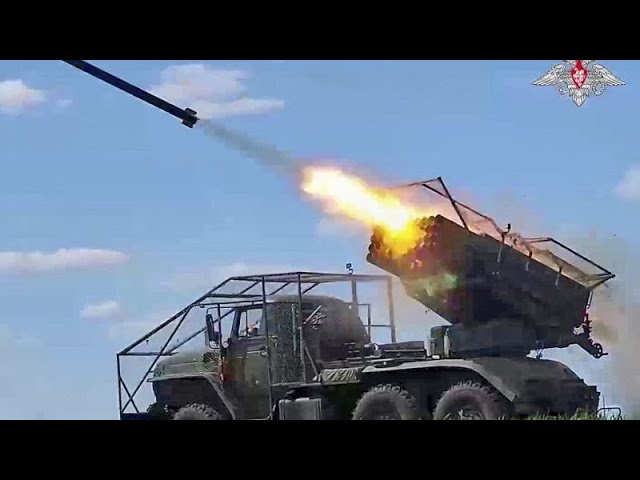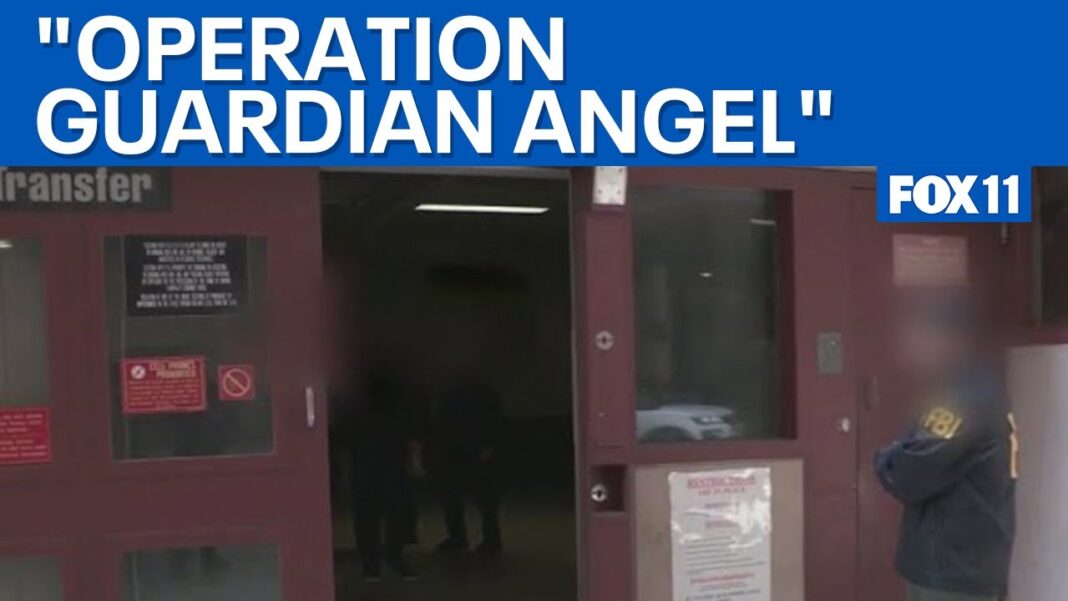The leaders of the UK, France, Germany and Poland met in Kiev with Ukrainian President Zelensky recently as part of the so-called “coalition of the willing.”
The British government announced what it called the “largest-ever” sanctions package against Russia, targeting its oil transportation network aimed at crippling the country’s energy revenues.
Preparations are already underway for a 17th package of EU sanctions, which will be coordinated with measures from the UK and Norway.
The Ukrainian president declared that Kiev was ready to begin talks with Russia only after an unconditional 30-day ceasefire is in place.
But the US president, who has the power to continue or sever Washington’s crucial supply of arms to Ukraine, sounded a different tone.
Within hours of Zelensky’s demands, the Russian president announced that he was amenable to restarting direct talks with Ukraine in Istanbul on May 15, “without preconditions.”
US President Donald Trump’s response was categorical:
“President Putin of Russia doesn’t want to have a Cease Fire Agreement with Ukraine, but rather wants to meet on Thursday, in Turkey, to negotiate a possible end to the BLOODBATH. Ukraine should agree to this, IMMEDIATELY,” the US leader wrote.
In what only appears to be a moderation of views, Zelensky’s “coalition of the willing” reluctantly agreed to the dictate from Trump – direct talks between the parties began May 15 and again on June 2.
But make no mistake; the parties to any peace agreement remain far apart. Ukraine is adamant about retaining its pre-2014 borders – refusing to concede any territories held by Russia and supported by referenda.
Moscow which now controls roughly one-fifth (20%) of Ukraine territory requires recognition of this “reality on the ground” for any sustainable settlement. Moreover, Russia is now carving out a “buffer zone” inside Ukrainian territory. And then there’s Ukraine’s desire to join NATO – a ‘red line’ for Moscow.
How does the US view the situation? Kiev’s position is unrealistic.
In addition, the “coalition of the willing” will not permit the war to stop any time soon, because if it does the ruling elite will no longer have an excuse to distract their constituents from the serious domestic problems plaguing their countries (immigration, energy costs, economic woes, dysfunctional politics).
The war at this stage is pointless
There is a lack of ‘unity’ in the EU regarding Brussels’ military transfers to Ukraine. Continued European support for Kiev will only bring “more victims, destruction, and lost territory,” Bulgaria’s Rumen Radev has said.
The Bulgarian president has openly criticized the EU’s continued military support for Ukraine, warning that Kiev’s path to victory against Russia will not end well. He made the remarks in a Facebook post, recently.
“Europe does not have its own vision for the end of the [Ukraine conflict] and the establishment of peace, but continues to invest in a cause that, in my opinion, is doomed,” the Bulgarian leader wrote. He added that “pouring more weapons” into Ukraine would not bring peace closer, calling it a “utopian hope” that leads instead to “the opposite – even more victims, destruction and lost territory every day.”
Radev also questioned the EU’s goals in prolonging the Ukraine conflict.
“Is Europe afraid of the return of peace? Because the return of peace also means returning public attention to the crises that are smoldering within our countries and societies,” he stated, stressing that Europe must learn the lessons of World War II. It must abandon its militaristic approach, and focus instead on diplomatic solutions.
Radev is one of several EU leaders (along with Hungary’s Orban and Slovakia’s Fico) to speak out against Brussels’ hardline stance against Moscow.
Russia has warned against further Western military aid to Ukraine, saying it would only exacerbate the already protracted and destructive conflict.
A critical problem for Ukraine is that its European sponsors lack the manufacturing capacity to replace US arms supplies to Kiev, the New York Times wrote. Kiev is “running low on long-range missiles, artillery and, most of all, ballistic aid defense systems – which are mostly manufactured in the US.”
While European leaders appear willing to pump more funds into arms manufacturing, the Times added, “industry executives and experts predict it will take a decade to get assembly lines up to speed.”
The situation
The reality on the ground is similar to the German military in January 1945. The Ukrainians are being driven back on all fronts – including out of the Kursk province of Russia. More importantly, they are running out of soldiers.
For most of 2024, Ukraine lost ground to Russia’s advance. But what’s worse for Ukraine is that the war is one of attrition. A resource that cannot be easily replaced is manpower – soldiers – and here the math for Ukraine is untenable.
Low morale and desertion, as well as draft-dodging, are now significant problems for Ukraine. These factors are exacerbating already untenable recruitment issues, making it difficult to supply fresh troops to the front.
Above all, Zelensky’s war goals of restoring Ukraine’s pre-2014 borders are irrational, and the West bears considerable responsibility for this. These views were unchallenged and even encouraged by a self-aggrandizing West. The goals sought will not be achieved, and the West’s leaders know this. Ill-advised military campaigns in Afghanistan, Syria, Libya and Serbia left western armed forces unprepared for a serious and prolonged conflict, with ammunition stocks perilously inadequate for the task.
There are limits to the losses Ukraine can withstand. Whatever those limits are, Ukraine cannot prevail, militarily. Unfortunately, there is not, and never has been, a western strategy for victory – rather, merely a design to collectively bleed Russia as long as possible.
As the conflict winds down, two questions of ethics governing what constitutes a just war will need to be answered: whether there is a reasonable prospect of success and whether the potential gain is proportional to the cost. We shall see.







